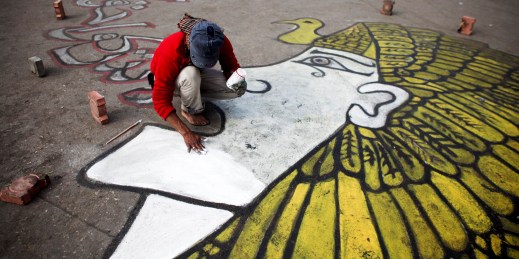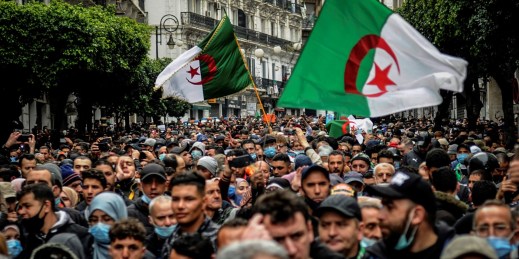
A controversy over a Netflix docudrama about Cleopatra escalated last week, when the Egyptian Ministry of Tourism and Antiquities asserted that Cleopatra was fair-skinned. The statement capped two weeks of debate about her ethnicity, after Netflix cast a mixed-race British actress in the leading role for “Queen Cleopatra.”

